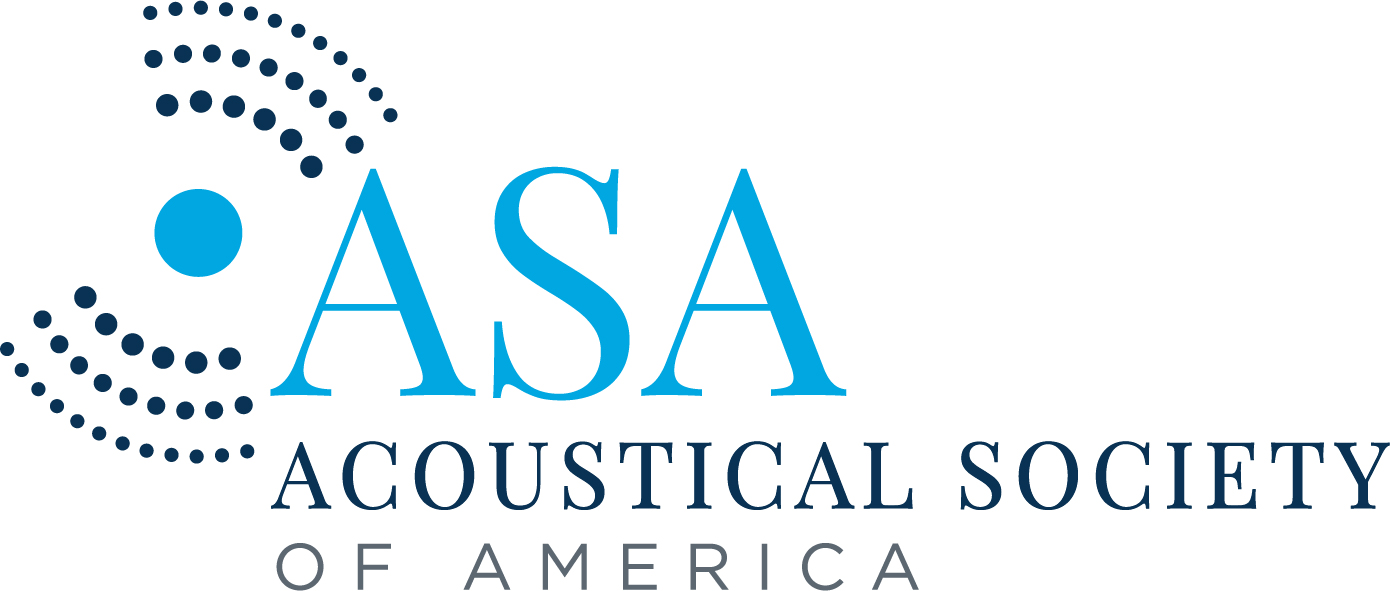Shhhh … Speaking More Quietly in Restaurants Means Everyone Can Be Heard #ASA183
In restaurants and at parties, the tendency is to talk louder to get your message across. Unfortunately, it does just the opposite.
Media Contact:
Ashley Piccone
AIP Media
301-209-3090
media@aip.org
NASHVILLE, Tenn., Dec. 5, 2022 – In a crowded restaurant, diners usually talk with their companions at their own table. But the sound of their conversations bounces off walls and reflects to other patrons, creating background noise. Each individual speaker wants to be heard over that noise, so they end up talking a little bit louder, which again increases the overall din. Eventually – barring an interruption – the system gets loud enough to reach the limit of the human voice.

A busy restaurant grows louder and louder because of the Lombard effect. Image Catalog via Flickr
Braxton Boren of American University will discuss this cycle, called the Lombard effect, and how it can be disrupted in his presentation, “A game theory model of the Lombard effect in public spaces.” The presentation will take place Dec. 5 at 12:40 p.m. Eastern U.S. in the Summit B room, as part of the 183rd Meeting of the Acoustical Society of America running Dec. 5-9 at the Grand Hyatt Nashville Hotel.
Game theory metaphors, such as the prisoner’s dilemma or the unscrupulous diner’s dilemma, can provide a good model for the Lombard effect. Boren used such mathematical models to construct the payoffs and incentives for the Lombard effect across different sound frequencies of the human voice.
“This effect is an example of the Tragedy of the Commons, which is a term often used in environmental science and economics for the way that individuals are incentivized to misuse public goods,” he said. “In the case of the Lombard effect, the quiet background (which allows for conversations to be intelligibly understood) is the commons, and each speaker in the room is incentivized to take a little bit more of that quiet space for his/her own conversation.”
Technology solutions, like smart earbuds, may eventually be able to individualize conversations by homing in on a single speaker. Understanding the acoustics and altering the absorption of walls in a space could also minimize the Lombard effect.
“Based on our understanding of this phenomenon, it is possible to design rooms that increase or decrease Lombard-related crowd noise in public settings,” said Boren. “But in a loud situation, I encourage people to try talking quietly while everyone else around them is shouting. Then, when that doesn’t work, go home and rest your ears!”
———————– MORE MEETING INFORMATION ———————–
Main meeting website: https://acousticalsociety.org/asa-meetings/
Technical program: https://eppro02.ativ.me/web/planner.php?id=ASAFALL22&proof=true
ASA PRESS ROOM
In the coming weeks, ASA’s Press Room will be updated with newsworthy stories and the press conference schedule at https://acoustics.org/asa-press-room/.
LAY LANGUAGE PAPERS
ASA will also share dozens of lay language papers about topics covered at the conference. Lay language papers are 300 to 500 word summaries of presentations written by scientists for a general audience. They will be accompanied by photos, audio, and video. Learn more at https://acoustics.org/lay-language-papers/.
PRESS REGISTRATION
ASA will grant free registration to credentialed and professional freelance journalists. If you are a reporter and would like to attend the meeting or virtual press conferences, contact AIP Media Services at media@aip.org. For urgent requests, AIP staff can also help with setting up interviews and obtaining images, sound clips, or background information.
ABOUT THE ACOUSTICAL SOCIETY OF AMERICA
The Acoustical Society of America (ASA) is the premier international scientific society in acoustics devoted to the science and technology of sound. Its 7,000 members worldwide represent a broad spectrum of the study of acoustics. ASA publications include The Journal of the Acoustical Society of America (the world’s leading journal on acoustics), JASA Express Letters, Proceedings of Meetings on Acoustics, Acoustics Today magazine, books, and standards on acoustics. The society also holds two major scientific meetings each year. See https://acousticalsociety.org/.
